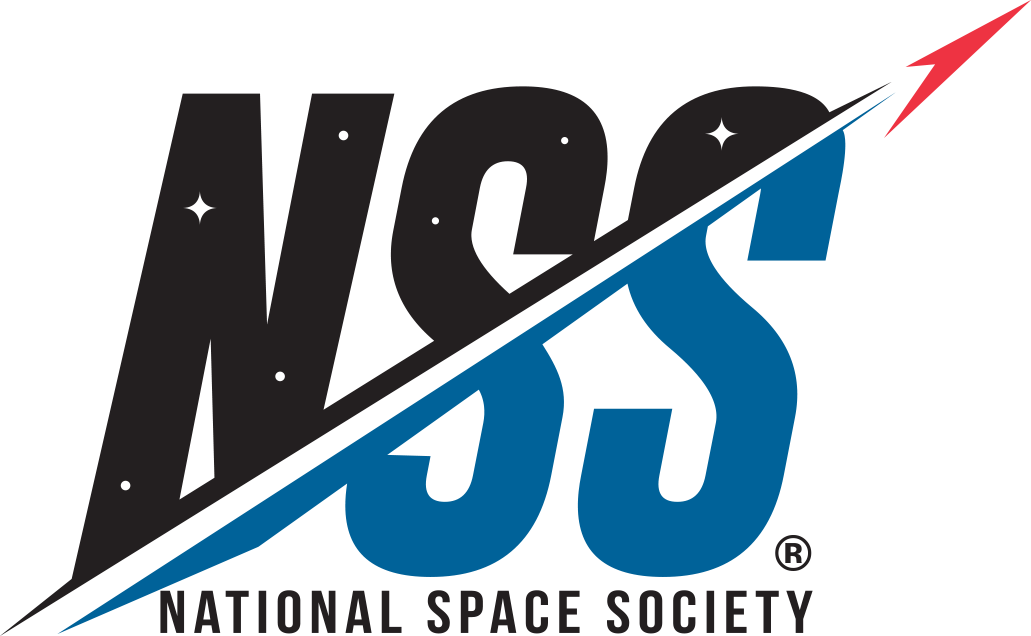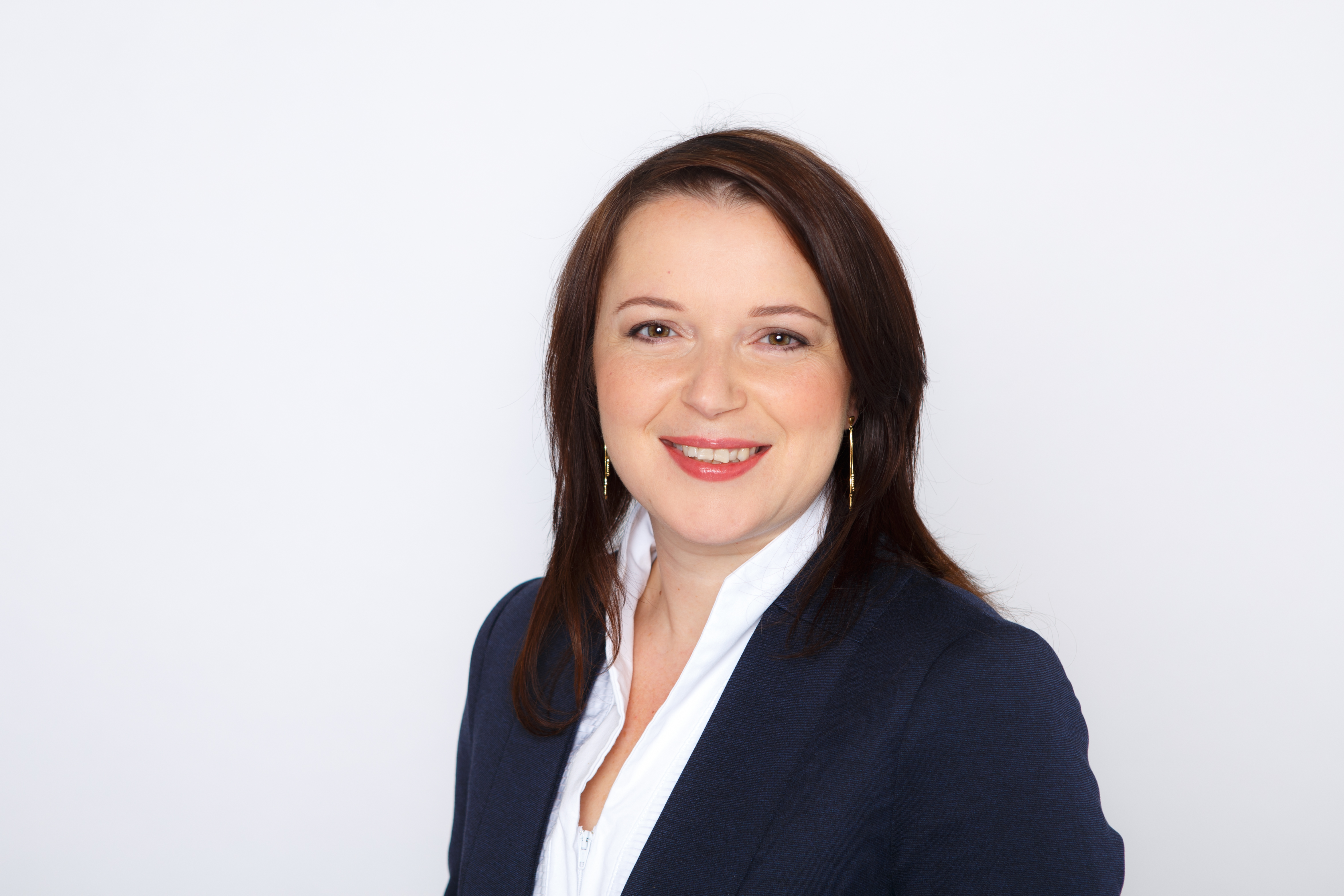Educator Onboarding
LEO Art Challenge Workshop
ICE 2019: Satellite Tracking, Orbits, and Modeling
SEEC 2019: Satellite Tracking, Orbits, and Modeling
Workshop:ITEC Trek-a-Sat
Workshop: 2018-01-27 Yerkes
Workshop: 2017-10-28 Carthage-Yerkes Electrostatics in Space
Workshop: 2017-06-29-BTCI-Life in Space!
Workshop: 2017-03-11 Yerkes
Workshop: 2017-02-07 SEEC
Workshop: 2017-01-28 Yerkes
Tools You Might Use
Educational Learning
Standards
Documentation
Live in a Healthy Space Design Competition: What right stuff would you eat to become the "right stuff" in space?
トピックアウトライン
-
2024 Contest:
Healthy Humans in Healthy Spaces
What would you grow, and how would you grow it for food as healthy eating?
Earlier Winning Papers
Email inquiries or comments to bill.gardiner@nss.org


Updated 10/9/24
-
1. Go to the Log-in banner and Log in.
Select "First Time Here?" and complete the form.
Who's eligible to enter? Anyone18 years or older, anywhere in the world.
A Welcome email message will be sent within 24 hours.
Step 2. Read Rationale and Guidelines
Step 3. Read and Print "Information about Entering the Contest:" Disclaimer, Rights Granted and Liability
Step 4. Download and sign Terms and Conditions
Step 5. Upload signed Terms and Conditions
Step 6. Download and sign Entry Requirements and Rules
Step 7. Upload signed Entry Requirements and Rules
Step 8. Write your white Paper
Step 9. Submit completed white paper
-
Food selection, nutrition, nutrient timing, and lifestyle changes are a means for establishing a healthy life in the endless universe. This resource intends to help you work up what food selections you will design your agricultural and food resource module aboard your in-space habitat or extraplanetary surface.
We invite you to explore how to achieve healthy space flight beginnig with robust foos selection. Are you ready to make a healthy entry into a limitless universe for our next space adventure? Imagine yourself traveling in space for several months or years. What health challenges might you address with a scientific selection of food?
Metabolic syndrome severely limits healthspan in any environment. Dr. Benjamin Bikman, Professor of Pathophysiology, Brigham Young University Medical School, a renowned expert on ketogenic diet and insulin resistance, states "between 50% and 80% of the American public has one or more symptoms of metabolic inflexibility, otherwise known as metabolic syndrome." The hallmark of metabolic syndrome is insulin resistance, which limits our capacity for production and use of energy. Natural,animal derived fats are a more efficient and less damaging source of energy for the body than sugars anssimple carbohydrates.
Cancer risk from radiation on exploration class space missions is high on the list of NASA's "red risks" for long-duration space flight. Reducing this risk is a major objective of NASA via changes in food composition, nutrition, and the timing and frequency of meals. They are considering varieties and variations of diets. Health professionals agree that composition of diet and the timing and frequency of meals is a key to a healthy life with potential for longevity. Presentations from health professionals who support these conclusions are in the Resources section.
As a place to start, look at the work of Professor Thomas N. Seyfried who, contrary to the conventional model of carcinogenesis, has demonstrated that cancer initiates in abnormally functioning mitochondria. He recognized the early work of Professor Otto Warburg in Germany who recognized cancer results from failure of tissues cells to use oxygen for metabolism. He was awarded the Nobel Prize iin Medicine or Physiology in 1931. This is now broadly recognized as the Warburg Effect. The genetic damage commonly found in the nuclei of cancer cells is secondary to the mitochondrial dysfunction. The genetic damage is not mainly due to external factors like ionizing radiation and toxins in the environment, but to food content we "voluntarily" or habitually ingest. Cancer initiates in abnormally functioning mitochondria. Professor Seyfried advocates intermittent fasting and/or reducing carbohydrates.
Dr. Robert H. Lustig, emeritus professor of Pediatric Endocrinology at the University of San Francisco, has demonstrated through his clinical practice and research that processed foods high in such things as vegetable oils, fructose and other chemicals, cause injury to mitochondria in the cells throughout the body and compromise their energy generating capacity. NASA researchers in late 2020 published a paper: "Comprehensive Multi-omics Analysis Reveals Mitochondrial Stress as a Central Biological Hub for Spaceflight Impact"
-
-
2021 Contest Winners
First place winner:

Zsuzsanna Benyo a B.Sc. student of Dietetics at
Semmelweis University of Health Sciences, Budapest, Hungary.
Read her paper: "IF is not an 'if' but a MUST with Ketogenic-Mediterranean Diet to
prepare and safeguard astronauts and humanity for deep-space missions"
Second place winner:
Katarina Heyden, a PhD candidate at Cornell University
Read her paper: "A Balanced, Plant-Rich, and Time-Restricted Diet to
Minimize Health Risks from Space and Improve Metabolic Health"
-
-
A University Student & Citizen-Scientist Contest of the
National Space Society (NSS) Space Health and Medicine Committee
in Cooperation with
Mars-Moon Astronautics Academy & Research Science (MMAARS)
The two 2020 winners presented their papers on the August 6, 2020, NSS Forum. The links to their presentations are posted below. (Updated December 14, 2020).
The first place winner, Ms. Alix Hughes (left), is a native of Ireland and lives in Dublin. She is a Master of Science candidate in Space Physiology and Health at Kings College, London. Second prize winner, Mr. Stellie Ford (right), of Philadelphia, Pennsylvania, is a citizen scientist with a Master of Science degree in Tissue Engineering from Drexel University. You will find their papers and their presentations below.


